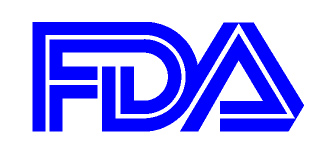
Ever since receiving FDA notices about their advertising generated from Google and similar searches, drugmakers have toned down their language and sought clarity on what is allowed. The discussion has ramifications for makers of nutritional supplements, because they could be next to face agency scrutiny for every ad created in response to a search for acai, reseveratrol and the like.
On Nov. 12, drugmakers and search-engine advertising agencies participated in about 30 presentations before the FDA. The hearing room was so crowded that most people seeking an audience seat were turned away. Here are two media takes:
(Yahoo’s David) Zinman testified that this shift to generic ads that don’t mention a brand name has created “a world where users have less transparency” because the ads deprive searchers of critical information about the landing pages. (MediaPost)
“We don’t think companies should be responsible for policing the entire Internet for information about their products,” said Johnson & Johnson executive Elizabeth Forminard. (Reuters)
The key word is transparency, but Yahoo’s Zinman has it backwards. The FDA’s criticism was based on a lack of transparency in the form of who could take the drugs and what warnings should consumers receive before they clicked on the link. The FDA sent the warning letters because there was not enough information in the search-generated ads.
Forminard should walk down to FTC offices and read the new rules on Web marketing that take effect on Dec. 1; J&J will be responsible for a significant portion of what is posted on the Internet about its products.
There is more testimony today (Nov. 13) and the FDA will continue listening through February 2010. Nutritional supplement makers should watch for when they get dragged into the discussion. We all know that some vitamins are contraindicated for some people; will that fact have to be disclosed in your Google ad?




Trackbacks/Pingbacks